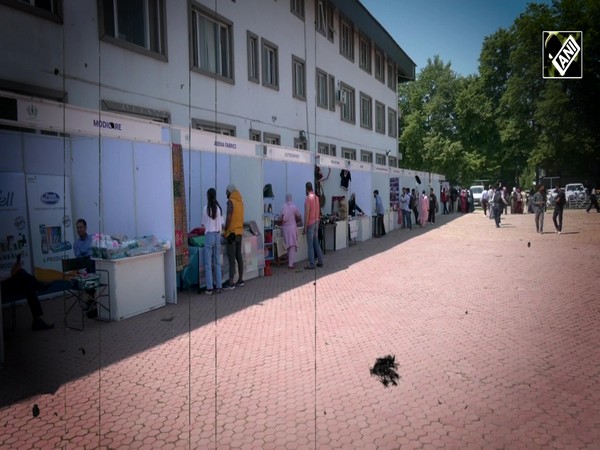China opposes appointment of US special coordinator for Tibetan issues
Dec 21, 2021

Beijing [China], December 21 : China on Tuesday opposed the establishment of the US special coordinator for Tibetan issues and refused to accept the new appointment made by the US government.
"Xizang-related affairs (Tibet) are purely China's internal affairs and China will never allow any external forces to interfere. The Chinese government consistently opposes the establishment of the so-called special coordinator for Tibetan issues and will never accept it," Chinese Foreign Ministry spokesperson Zhao Lijian said.
US Secretary of State Antony Blinken announced on Monday said that Uzra Zeya, the US undersecretary of state for civilian security, democracy and human rights, will serve as the special coordinator for Tibetan issues, effective immediately.
Zeya, who has decades of high-level experience in US foreign policy--including on the issue of Tibet--will now serve as the Biden administration's point person on efforts to help resolve the Tibetan issue, promote Tibetan identity, protect Tibetan culture and heritage.
She will also support the human rights of the Tibetan people, who have lived under China's oppressive rule for more than six decades.
Zeya will be the first Indian American to serve in the role. India is home to the world's largest population of Tibetan exiles. "The International Campaign for Tibet welcomes Uzra Zeya's appointment as the new US special coordinator for Tibetan issues," International Campaign for Tibet (ICT) Interim President Bhuchung Tsering said.
"We anticipate that as someone familiar with the Tibetan issue, Zeya will work proactively at promoting dialogue between the Dalai Lama's envoys and the Chinese leadership, as well as at advocating for US interests in Tibet, and advancing the cause of Tibetan Americans and Tibetans around the globe."
Zeya's appointment follows bipartisan letters from Congress sent to Zeya on December 14 under the assumption that she would become the next special coordinator.
The letters lay out several areas where Congress and the administration can work together to advance US policy on Tibet.

















